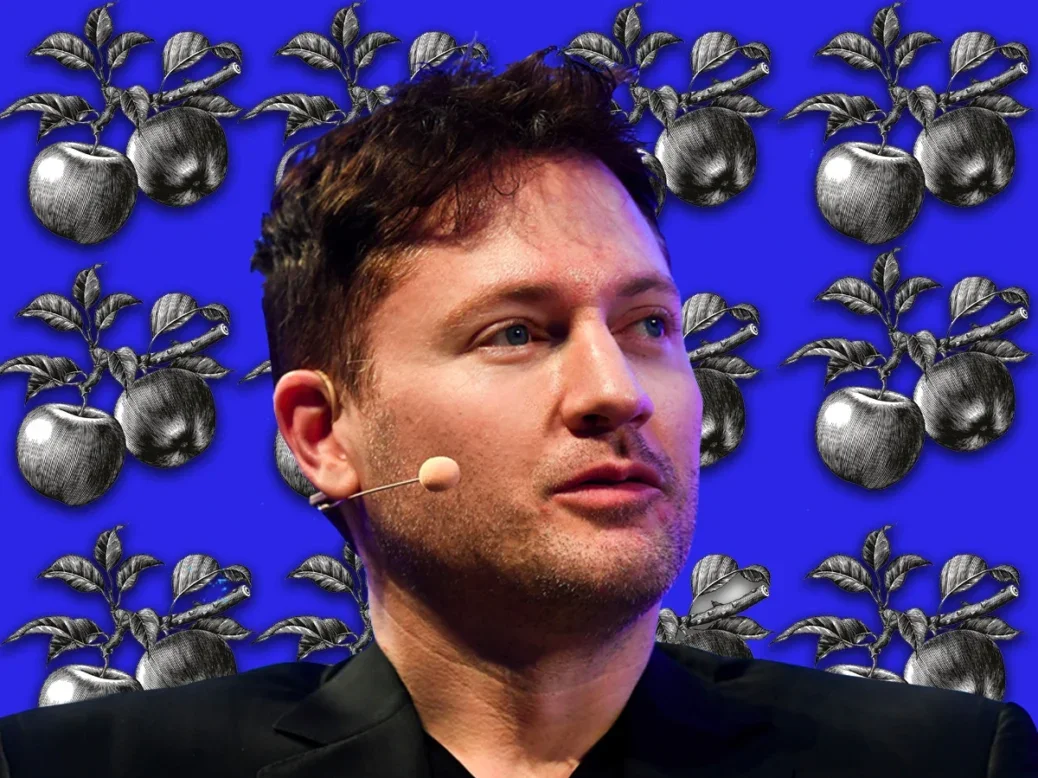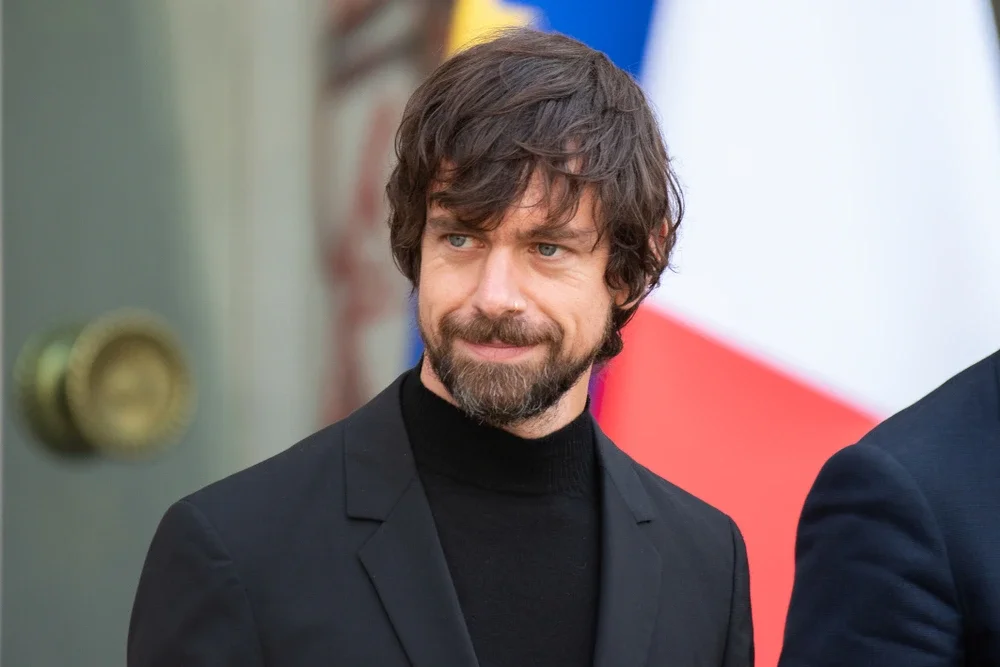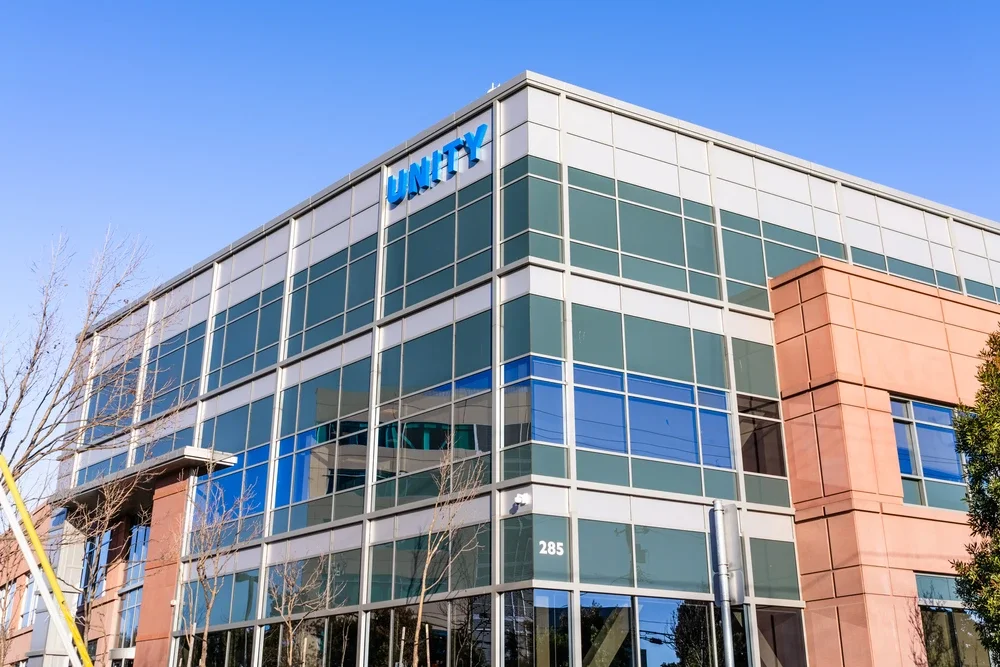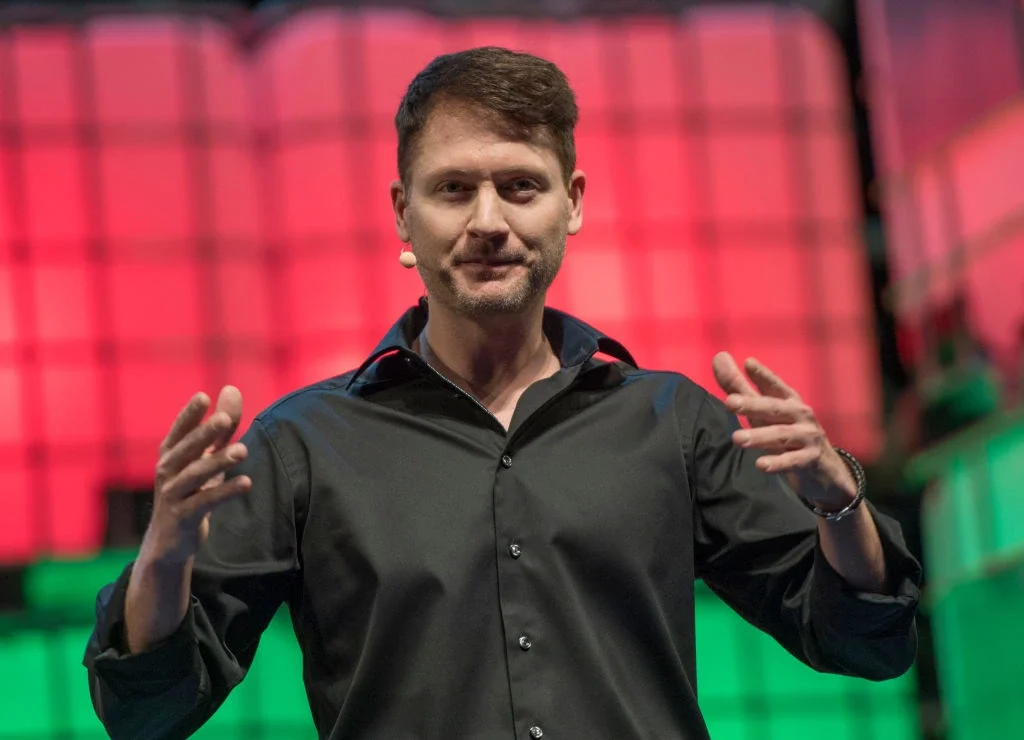
Reversing the ageing process is Silicon Valley’s current grail quest. But who really wants to live forever?
At this moment in time, tech entrepreneur Bryan Johnson is 45. He is attempting to stay that age and, possibly, become younger.
Since October 2021, Johnson has adhered to a controlled programme he calls Project Blueprint, consisting of a daily intake of 1,977 carefully mapped out calories, an exercise plan, strict sleep hygiene, a large number of supplements and regular monitoring of over 70 of his organs.
Johnson founded mobile and web payment systems company Braintree in 2007, acquiring Venmo five years later and selling his adapted enterprise to PayPal for $800 million in 2013. He has since utilised his background to branch into medical technology.
The entrepreneur and venture capitalist states his biological age is now 36.
Bryan Johnson sold his company to PayPal for $800 million in 2013.
Since then, he’s been investing millions to reduce aging.
In 2021, he reduced his epigenetic age by 5.1 years in 7 months (World Record)
Here’s a breakdown of his “Blueprint” and my own experience with it: 🧵 pic.twitter.com/igFya5JLiz
— Max Hertan (@maxhertan) November 23, 2022
Johnson’s current venture Kernel produces hardware designed to measure electrical signals and blood flow to ‘bring the brain online’ and to then develop therapeutic possibilities.
His commercial stake in med tech means Project Blueprint could seem like an understandable crossover of interest from professional to personal. And Johnson is far from alone.
Tech bros and the ageing problem
There are those, such as former Twitter CEO Jack Dorsey, 46, who stick to severe personal routines. Dorsey’s involves fasting, HIIT exercise, ice baths and drinking an unappetising-sounding concoction called ‘Salt Juice’. Paypal co-founder Peter Thiel, 55, has stated he would like to ‘live to 120’ and claims ‘death is a problem that can be solved’.

Then there are the companies. Ambrosia, a start-up with vampiric overtones was offering teen plasma to older people before it was closed down after an FDA warning in 2019.
But the slightly less alarming Unity Biotechnology lives on. An anti-ageing company whose stated aspiration is ‘to develop transformative medicines to slow, halt or reverse diseases of ageing’ has attracted investment from both Thiel and Amazon founder Jeff Bezos.

Bezos was named as an investor in Unity in 2018 – and it’s not the only long-life biotech company the world’s third wealthiest person has an interest in.
Altos Labs and the aim to prevent age-related disease
Altos Labs, which Bezos has ploughed investment into, was formally founded in 2022 and is already one of the most talked about organisations in the sector after pulling in a whopping £2.2 billion from backers.
Its research is focused on reprogramming biological cells to rejuvenate them. The aim, it says, is to cure diseases bought on by ageing, not to seek eternal life.
“The long-term aim is to extend the human health span, rather than the lifespan, so that people can get older in a healthier way.” – Altos Cambridge Institute of Science Director Wolf Reik https://t.co/HbuRqXIHKK
— Altos Labs (@altos_labs) April 13, 2022
Altos made its first public statement in January last year, adding to the story of its vast funding by revealing there would be four Nobel Laureates on the company’s board and that it has employed some of the world’s most exulted scientists.
Altos’ template builds on work done by the British Babraham Institute in Cambridge. The Institute managed to reprogramme skin cells to behave as though they were up to 25 years younger. Last May, it built that up to 30 years and achieved it in just over a quarter of the time.
📣 Research from Institute researchers has developed a method to ‘time jump’ human skin cells by 30 years turning back the ageing clock for cells without losing their specialised function
Read the full story: https://t.co/3n08pgMWKj#Ageing #Reprogramming @Diljeet_Gill @ReikLab pic.twitter.com/jqhqaXQErR
— Babraham Institute (@BabrahamInst) April 8, 2022
Between Altos’ big reveal, the news from Babraham and Johnson’s evangelical quest, longevity has become a buzzword.
Official statements from the biotech companies focus on achieving a better quality of life as we age. But statements from individuals flirt with the god-like. What if, they suggest, we could just, like, not die?
Why can’t humans accept the inevitability of death?
As a species, ageing bothers us. Deeply. The yearning for long life and everlasting youth has preoccupied humans for millennia.
As far back as the 5th Century BC, the historian and geographer Herodotus was writing about a quest for the fountain of youth. In the 16th Century, Spanish conquistadors combed the Caribbean looking for the same.

There’s a long-standing urban myth that Walt Disney arranged to have his head frozen in a chamber of liquid nitrogen in order to be reanimated when technology allowed.
Available evidence suggests Disney was actually cremated, but the Hollywood rumour mill now claims Paris Hilton is both emotionally and financially invested in cryogenics.
Reversing ageing ‘for the greater good’
This centuries’ tech billionaires have picked up the search for this particular philosophers’ stone. It is motivated, in part, by a desire to do what they perceive as good.
‘Perhaps humans are destined to fail…’ wrote Johnson on Medium. ‘What if we could not only survive but create an existence more exquisite than we could even imagine?!’
To what do we aspire? https://t.co/qnxrFJjjzE
— Bryan Johnson (@bryan_johnson) February 12, 2023
On the Blueprint website he takes the tech utopianism further: ‘It’s really a system to make tomorrow better for you, me, the planet and our shared future with AI.’
On a wider scale, the idea persists that billionaire-backed biotech developments will eventually filter down and become useable for all of humanity. This plays in to Silicon Valley’s embrace of effective altruism a philosophy which applies bluntly rational criteria to charity and is largely based on the idea that those in charge of big money firms know best.
But just as longevity started to move away from the realm of sci-fi and myth, the concept of effective altruism has also taken a bit of a battering.
As well as revelations that the $5.7 billion of Tesla shares Elon Musk gave to charity were donated to the charitable arm of Musk’s own organisation, there has been no escaping the maelstrom surrounding the FTX crypto exchange crash, with former CEO Sam Bankman-Fried a vocal proponent of EA.

Beyond financial investment in cutting-edge research, the personal journeys of individuals like Dorsey and Johnson also read as bleak and rather joyless.
In fairness, Johnson does acknowledge this, even sharing a teasing Instagram created by a friend of his teenage son. He still also says he’s never felt better.
No one would argue that cutting back on alcohol and fried foods will improve your health. But a strict diet routine takes time and focus and cuts us off from many of the social rituals that surround us.
In the end, would many of us wish for an extended life if it meant never being part of a loving throng eating wedding cake?
Top image: Bryan Johnson in 2017 – Getty Images
Order your copy of The Spear’s 500 2023 here.
More from Spear’s:
City, country, safari: UK luxury hotel openings in 2023






